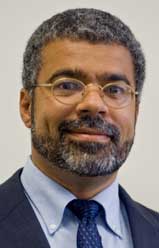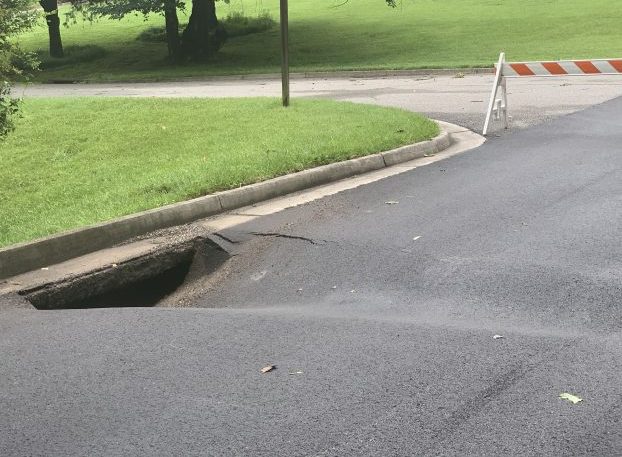Banks wants April vote on water, sewer rates
Published 12:24 pm Thursday, March 24, 2016

- Lloyd Banks
County supervisors in Cumberland recently tabled a code amendment that, if approved, would increase water and sewer utility rates for users and non-users.
The matter was listed on the board of supervisors’ March 8 meeting agenda for potential action.
Trending
The action to table the proposed rate hikes came days before Roger Hatcher, the chairman of the county’s water and sewer advisory committee, resigned from his position on March 11.
“We have been awaiting a recommendation on rate increases from the water and sewer committee for approximately six months,” said District Two Representative and Board Chairman Lloyd Banks following the meeting. “To my disappointment, the matter was once again tabled pending their ongoing review. The fund is designed to be covered solely by user fees and it has been running a significant monthly deficit. I will ask the board to vote on increases in April.”
On Feb. 9, when the board last met, supervisors took no action on the staff-recommended increases — hikes that could potentially alleviate the $420,000 loan debt owed by the water and sewer fund to the county’s general fund.
County Administrator and Attorney Vivian Seay Giles is factoring the rate increases into her recommended fiscal 2016-17 budget that supervisors are considering.
“The increase for water and sewer rates is absolutely necessary,” said District Four Supervisor David Meinhard regarding the rate hike’s inclusion in Giles’ recommended budget. “It has become necessary to perform maintenance on the lines and funds were taken from the general fund for this. The utilities — water and sewer — have been operating in the red for several years and this must now be addressed. As yet, the amount of any rate increases is undetermined.”
During the February meeting, only one speaker, Hatcher, participated in the public hearing on the rate increases recommended by Giles.
Trending
In a letter to Giles, Hatcher, who was then chairman of the committee, said that the group “could not support the proposed rate increase from you,” citing the potential that the increase would fall disproportionately hard on “fixed-income individuals who make up the minority of the county budget.”
“There is a certain percentage of rate payers who have sewer and water or just sewer or water,” he said in the letter, “who have taps into the water and sewer lines and are not connected to their houses, but they do pay the monthly minimum of $25 each for water and sewer. Disproportionately, these are elderly fixed-income persons living along U.S. Route 60 west of the courthouse area.”
Hatcher also cited in his list of concerns that there was no way to calculate the income just from the numbers in Giles’ proposal.
“The utilities fund, it’s not in the black. It’s not self-sustaining at the moment,” Giles said. “It needs to generate additional revenue for just normal operations and repairs.”
Increased fees proposed by Giles include taking the monthly administrative fee for customers who only have sewer or water to $4 from $3.50 and increasing the monthly administrative charge on all accounts from $6 to $5.
Giles’ proposal also includes taking the monthly wastewater and water fee residents pay to $29 from $25. The water fee stays the same until a user exceeds 2,000 gallons.
The water fee for the first 2,000 gallons for government and education entities would increase to $115 from $100.
The non-user service charge for customers required to connect but choose not to use county water would increase to $29 from the current $25.
Bulk water charges, bacteriological tests for new construction fees, meter reinstatement fees and meter testing charges would also increase under Giles’ proposal.
District Three Supervisor Kevin Ingle, who sits on the water and sewer advisory committee, previously said that Giles’ proposal was a step toward fixing the system’s fund balance issues.
“But, we as the board, want to make sure that any increases are going to be fair to all people who are paying to have the services, whether it’s government or a private household.”
He said the board didn’t want to “hit people with a serious increase for the same services they’ve been getting just to try to fix it all at one time.”
Ingle said that the county needs to stop the loss of revenue from the system first, “then try to figure out a way to get our momentum going in the other way … The system needs to be able to pay for itself.”
Ingle said he and other supervisors and the committee wanted to make sure that citizens are informed of everything “and the process in which we’re going to try to come up with the numbers for the proposal that we will be making either next month or the following month.”
According to Hatcher’s letter, the committee suggested the fees be based on the fixed amount on the fee schedule, which is currently 2,000 gallons per household, “a separate base fee for businesses, schools.”





